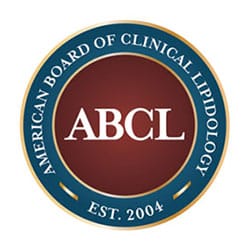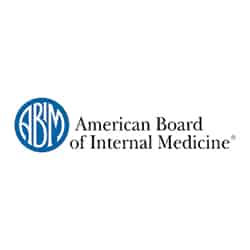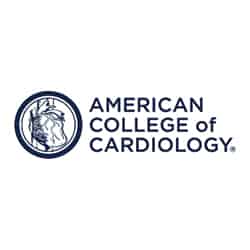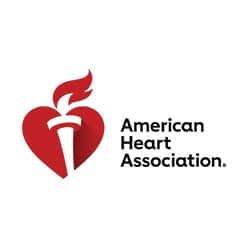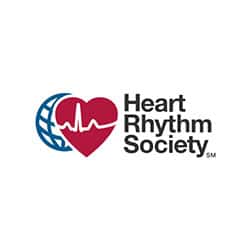Almost 29 million adults in the United States have hyperlipidemia or high cholesterol. The good news is that high cholesterol numbers are decreasing, dropping from more than 18% of the US population in 2000 to 11% in 2014.
If you want to be part of that statistic, get in contact with one of the experienced lipidologists at St. Louis Heart and Vascular. Our lipid doctors work with patients to successfully lower their blood lipid numbers and heart health risks.
To get comprehensive treatment for your hyperlipidemia, find a location near you and give them a call today.
Hyperlipidemia Treatment Q&A
What is hyperlipidemia?
Hyperlipidemia, or high cholesterol, means that you have too many lipids (fats) in your blood, which can build up and narrow your arteries. To determine your cholesterol counts, your lipid specialist takes your blood and measures it for total cholesterol and triglycerides. Cholesterol is further broken down into two main kinds, which you may have heard called “good” (HDL) and “bad” (LDL).
Low-density lipoproteins (LDL)
Low-density lipoprotein (LDL) is known as “bad” cholesterol since it’s responsible for cholesterol buildup on the walls of your arteries. LDL particles are responsible for transporting the lipids (or fats) in your bloodstream to various cells. But LDL is entirely bad; it’s when there’s a build-up, and your system has too much LDL cholesterol that you start running into issues.
Talk to one of our St. Louis Heart & Vascular Lipid Doctors to learn how you can lower your LDL levels.
High-density lipoproteins (HDL)
High-density lipoproteins (HDL) particles pick up excess cholesterol in your blood and deliver it to your liver for processing and removal. Your liver then flushes that cholesterol from your body. Your HDL is known as “good” cholesterol since its primary job is clearing out the extra cholesterol in your body. If you can increase your HDL cholesterol, it can help lower your risk for heart disease and stroke.
Interested in raising your HDL levels? Contact St. Louis Heart & Vascular and talk to one of our Lipid Doctors today.
What constitutes high cholesterol?
When your lipid specialist runs a cholesterol test on your blood, they get counts for your total cholesterol, HDL, LDL, and triglycerides, in addition to some other values your cardiologist can explain. Here’s how the numbers break out, with levels measured in milligrams per deciliter.
Healthy blood lipid levels for adults age 20 and older:
- Total cholesterol: 125-200
- LDL: less than 100
- HDL: men 40 or higher; women 50 or higher
- Triglycerides: less than 150
For all adults, any total cholesterol over 200 is undesirable, and over 240 constitutes high cholesterol. Depending on your medical history and any genetic components, your lipid doctor may give you slightly different goals for your blood lipids.
Hyperlipidemia Treatment Available at These Locations
We offer Hyperlipidemia Treatment at the following St. Louis Heart and Vascular locations. Contact us to schedule your appointment today.
Bridgeton Office
- (314) 741-0911
- 3550 McKelvey Rd.
Bridgeton, MO 63044 - Location Info
Christian Hospital Office
- (314) 741-0911
- 11155 Dunn Road, Suite 304E, MOB #1
St. Louis, MO 63136 - Location Info
Des Peres Hospital Office
- (314) 741-0911
- 2325 Dougherty Ferry Road, Suite 203
St. Louis, MO 63122 - Location Info
Granite City Office
- (314) 741-0911
- 2120 Madison Ave., Suite 101
Granite City, IL 62040 - Location Info
St. Charles Office
- (314) 741-0911
- 1551 Wall Street, Suite 410
St. Charles, MO 63303 - Location Info
Town & Country Office
- (314) 741-0911
- 3009 N. Ballas Rd, Suite 100B
St. Louis, MO 63131 - Location Info
Wentzville Office
- (314) 741-0911
- 105 Creekside Office Dr.
Wentzville, MO 63385 - Location Info


